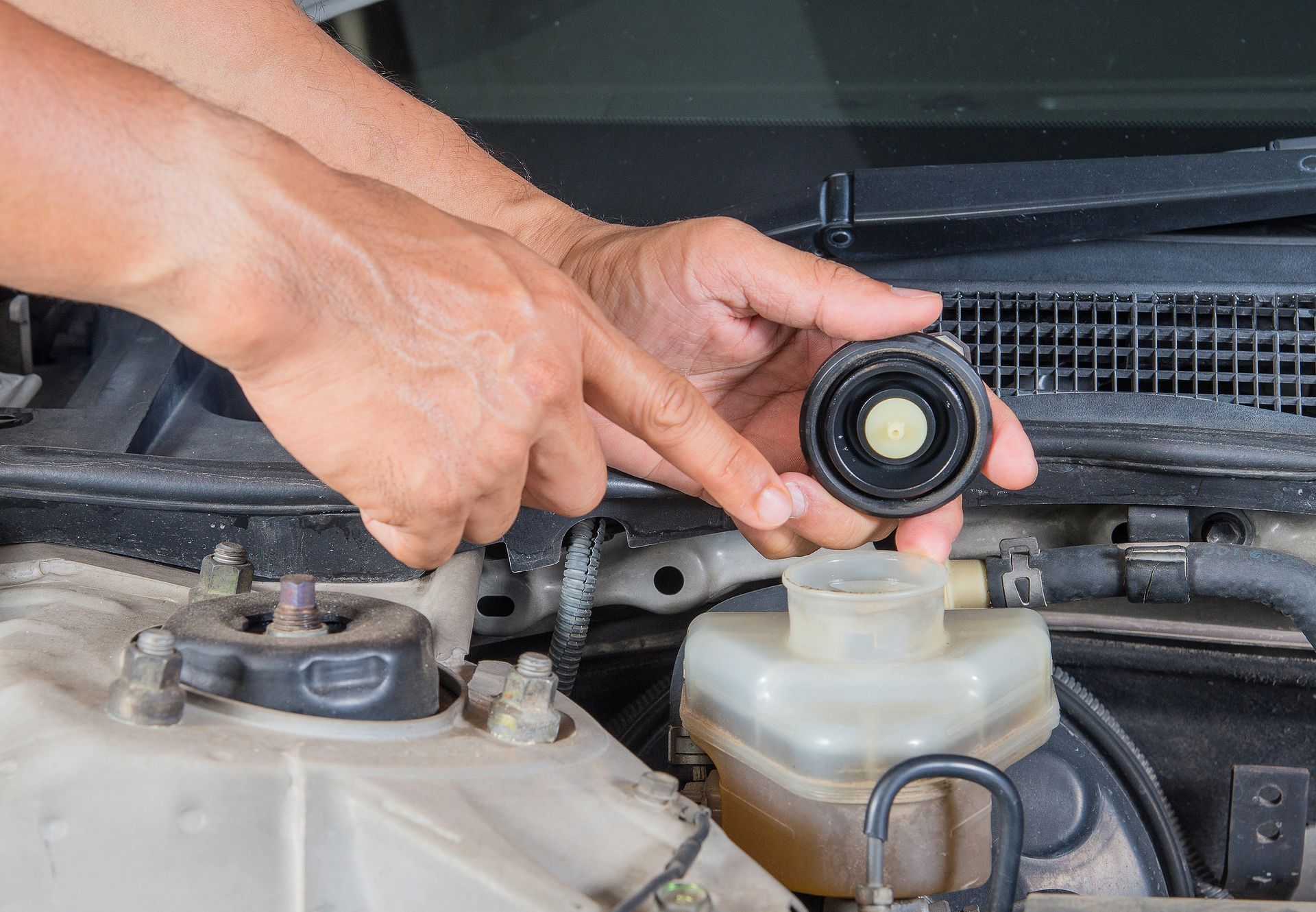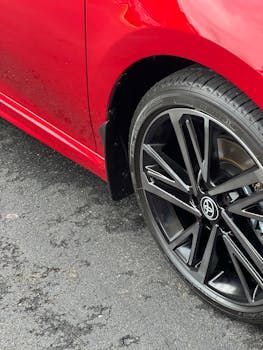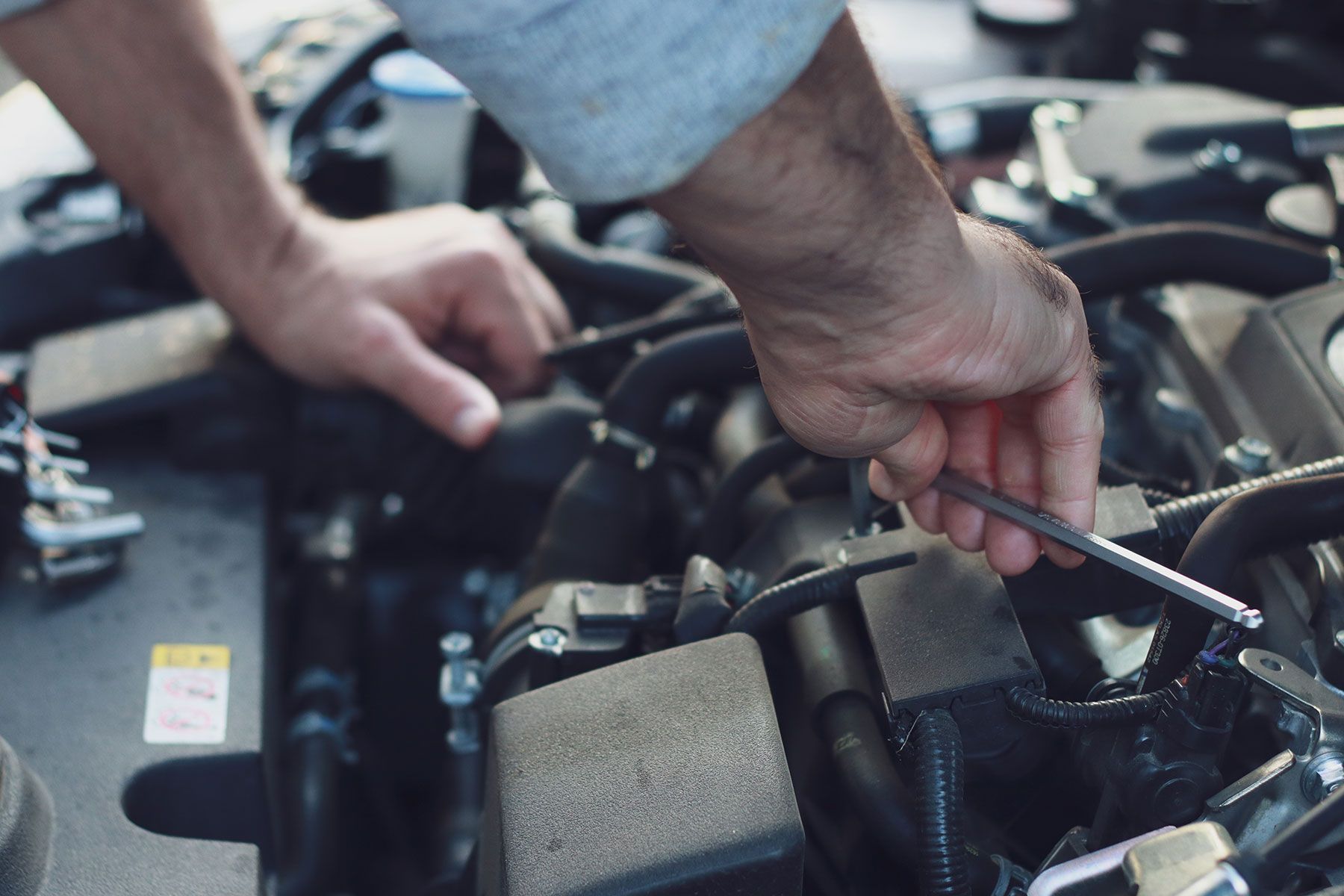Brake Fluid Maintenance: Why It’s Essential for Your Safety | Grove Street Auto Repair
Brake Fluid Maintenance: Why It’s Essential for Your Safety | Grove Street Auto Repair

What Is Brake Fluid and Why Is It Important?
When was the last time you checked your brake fluid? Most drivers are familiar with routine car maintenance, like checking the brakes when they start to squeak or when stopping takes longer than usual. However, many overlook the importance of maintaining brake fluid—an essential component that’s as crucial as engine oil.
What Does Brake Fluid Do?
Brake fluid is the lifeblood of your vehicle’s braking system. It transmits the force from your foot on the brake pedal to the brake components, ensuring your car stops when needed. Low brake fluid levels, moisture contamination, or old, degraded fluid can severely impact braking performance, putting your safety at risk. Regularly checking and maintaining your brake fluid is vital for optimal braking and safe driving.
Why Does Brake Fluid Deteriorate Over Time?
Like many fluids in your vehicle, brake fluid degrades over time. It absorbs moisture, which can lead to internal corrosion of brake components and reduced braking efficiency. If left unchecked, this can compromise your vehicle's ability to stop effectively. Most manufacturers recommend changing your brake fluid every two years, or whenever major brake work—such as replacing pads, rotors, or calipers—is performed.
The Risks of Having Old Brake Fluid
Driving with old or contaminated brake fluid poses serious risks to your vehicle’s performance and safety. As brake fluid ages, it can absorb moisture, leading to rust and corrosion inside the brake lines and other components. This can cause leaks, reduce the fluid's boiling point, and create air bubbles that make the brake pedal feel spongy. In extreme cases, old brake fluid can result in a complete brake failure, especially during emergency stops or heavy braking situations. Keeping your brake fluid fresh and free of contaminants is essential to ensure your vehicle stops reliably when you need it most.
How to Check Your Brake Fluid Level
Checking your brake fluid is simple. Most vehicles have a clear plastic reservoir that allows you to see the fluid level without opening the cap. Avoid opening the cap unless you’re ready to replace the fluid, as exposure to air can introduce moisture, further degrading the fluid’s performance. For safety and accuracy, it’s best to let a trained mechanic handle brake fluid inspections.
When Should You Change Your Brake Fluid?
The general guideline is to replace brake fluid every two years, but this can vary depending on your vehicle, driving conditions, and manufacturer recommendations. Plan to have your brake fluid checked during regular oil changes. If the fluid appears cloudy, smells burnt, or is below the minimum level, it’s time to get it checked immediately.
Can You Change Brake Fluid Yourself?
Changing brake fluid is more complex than simple DIY car maintenance tasks like changing oil or topping off wiper fluid. Brake fluid is toxic, flammable, and must be handled carefully. Different vehicles use specific types of brake fluids that cannot be mixed, and the system must be thoroughly flushed before adding new fluid. For these reasons, it’s best to leave this job to a professional ASE-certified technician who has the expertise to handle the process safely and correctly.
Trust the Experts at Grove Street Auto Repair
At Grove Street Auto Repair, we are dedicated to keeping your vehicle in top condition with expert advice and high-quality service. Our skilled technicians ensure that your brake fluid is properly checked and replaced when needed, using only the correct type for your vehicle. Your safety is our top priority, and we are here to answer any questions you have about brake fluid maintenance or any other automotive concerns.
Contact Us Today
Don’t ignore the importance of brake fluid maintenance. If you have questions or need assistance, our knowledgeable Service Advisors are ready to help. Call Grove Street Auto Repair at (508) 520-8697 today. Your Family Depends on Our Family®—we’re here to keep you safe on the road.






